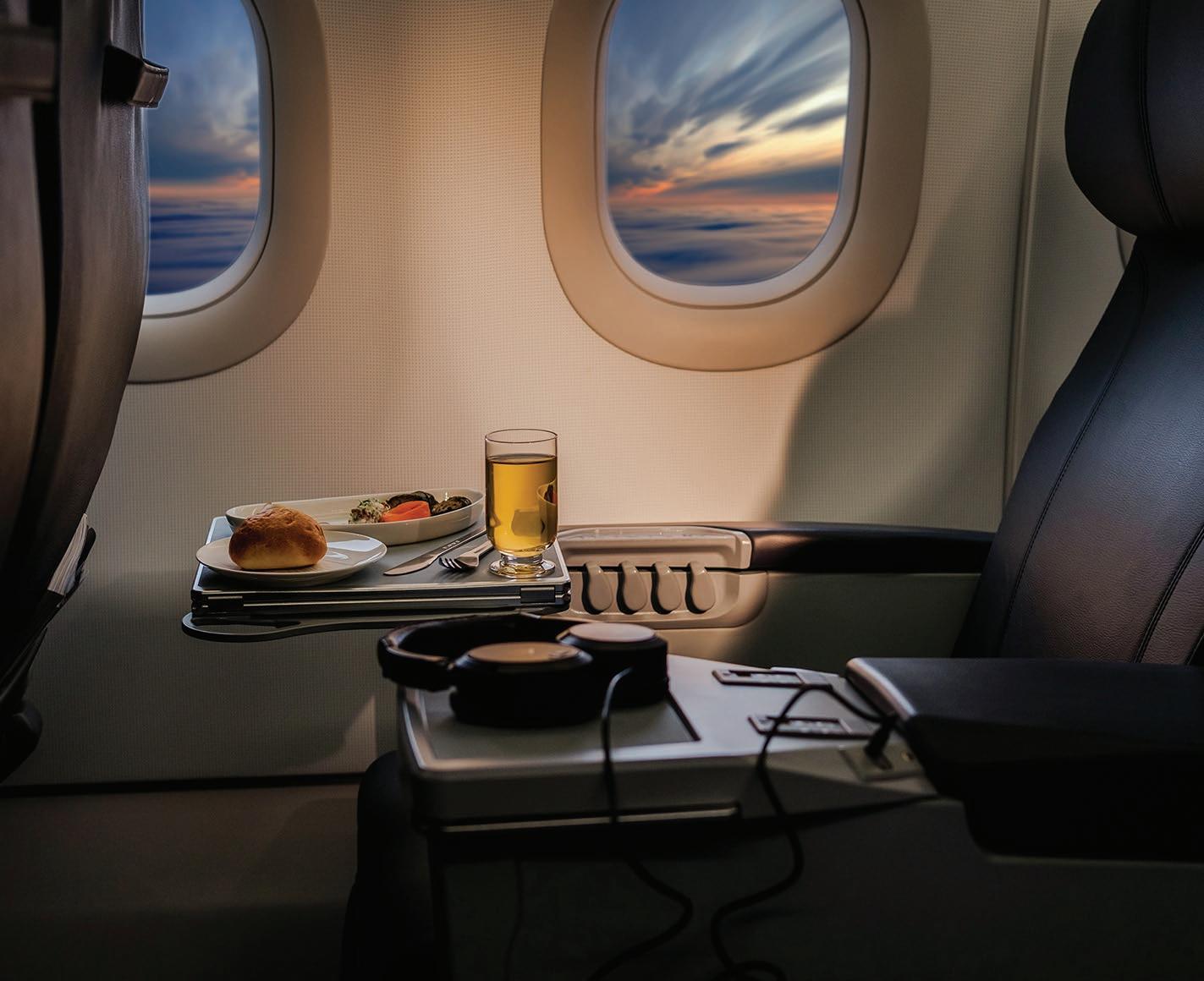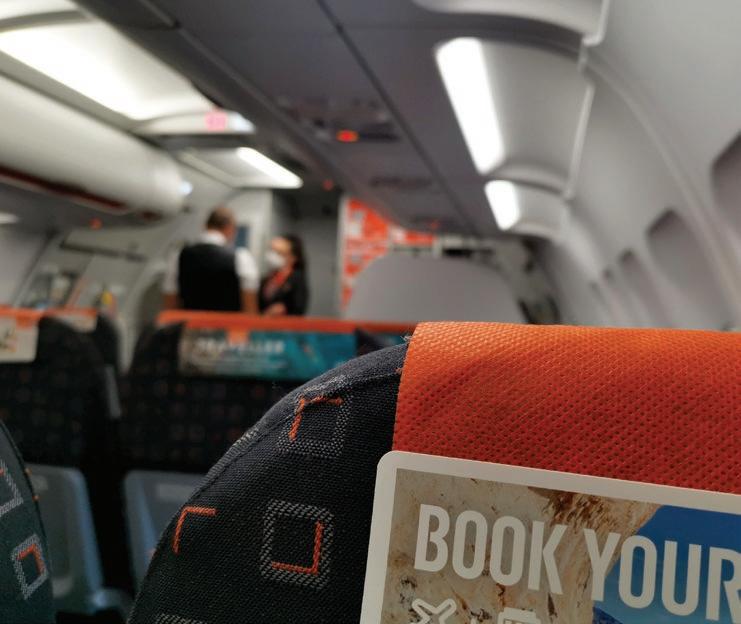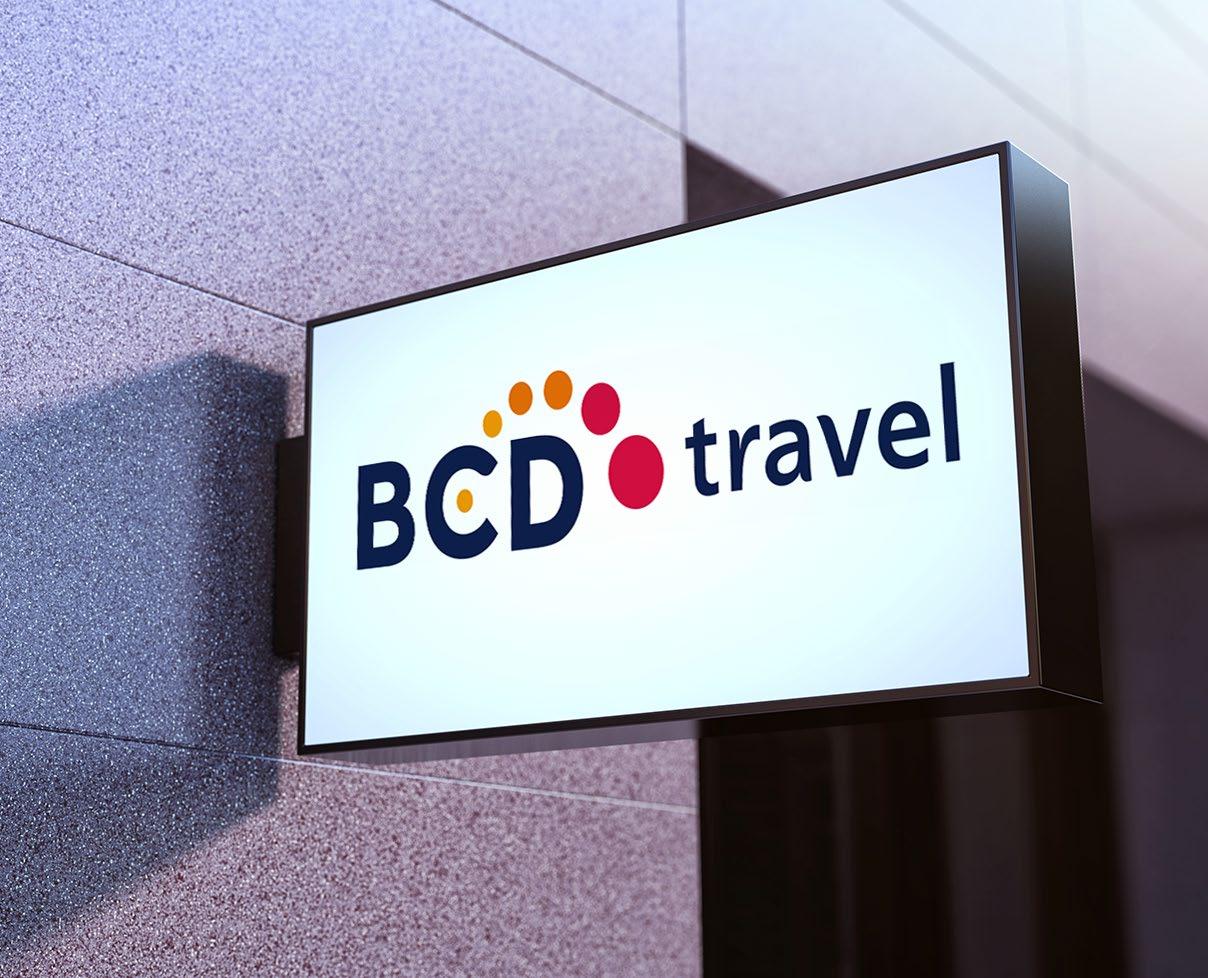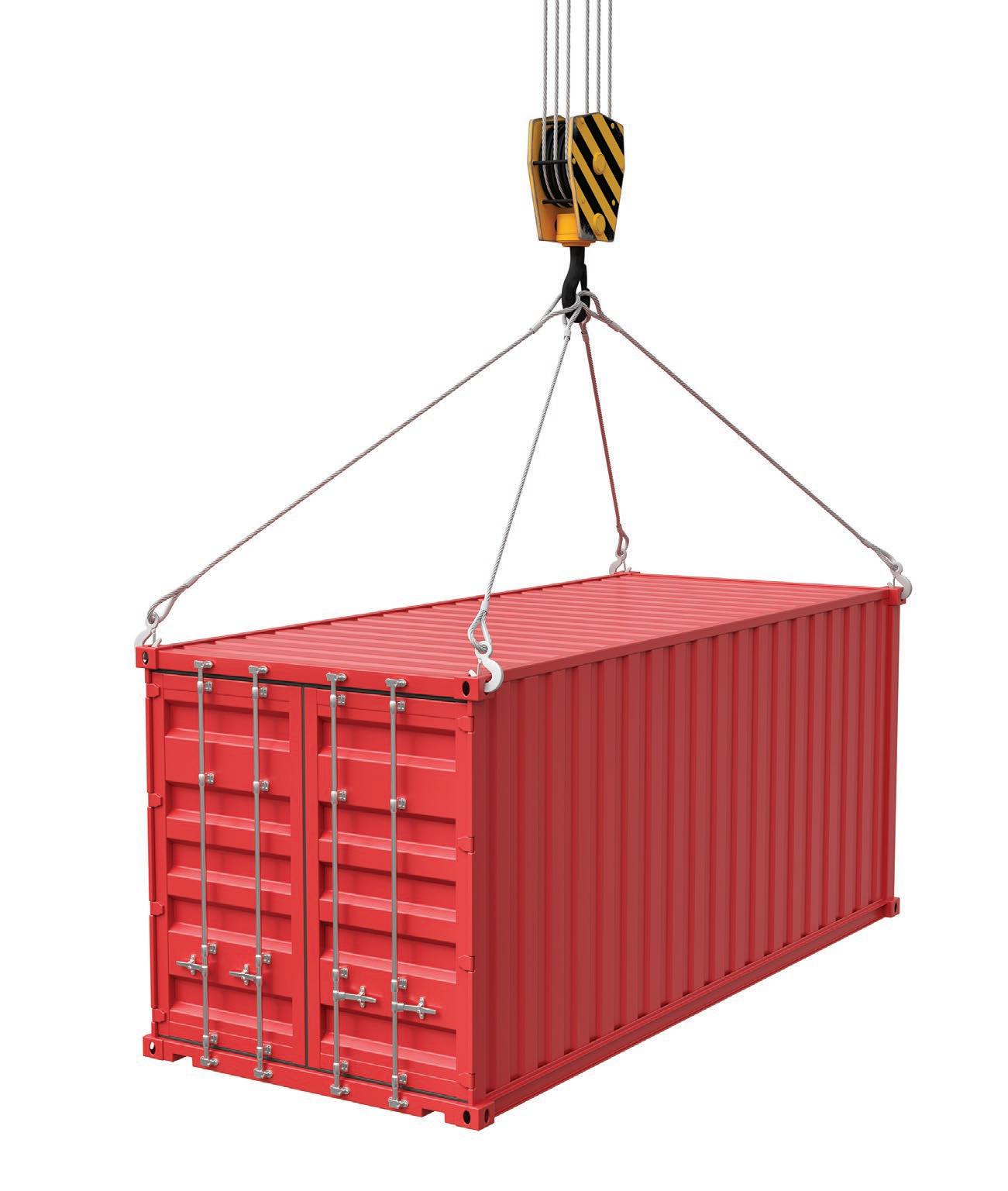RAIL
R A IL I M P ROV E M EN T S Demand for train e-tickets and other business travel initiatives is stronger than ever in the pandemic, says Dave Richardson
E
ven before Covid came along, business travellers were frustrated by the patchy availability of rail e-tickets and the reluctance of train operators to offer any kind of loyalty scheme. The pandemic, of course, has made both of these all the more important as travellers look for a lowtouch experience and train operators struggle to attract any kind of passengers back onto their services. Passenger revenue in the lockdown months from March to June was just 6.9% of what it
34
had been in 2019, and since then rail has lagged far behind road transport in recovery. Usage of the rail network had reached about 40% of normal levels by September, but then came renewed advice to work from home and local lockdowns. Estimates that 20% of last autumn’s passengers are still travelling looks optimistic. Train operators were given another bailout by the Government in September, with an 18-month deal paying them a management fee of up to 1.5% of revenue. This incorporates performance targets and
is down from the 2% fee paid from March to September, but with the franchising system now abolished pending an ongoing review of how to run the railways, what incentive is there for train operators to motivate the business market? Perhaps they could look to Europe, where the Eurostar for Business initiative was announced in September. While described as suitable for businesses of any size, it is clearly aimed at SMEs, with benefits starting with an upgrade to Standard Premier for every 15 return trips in Standard class. 
THEBUSINESSTRAVELMAG.com
Rail.v7.indd 34
10/26/20 02:37 PM











